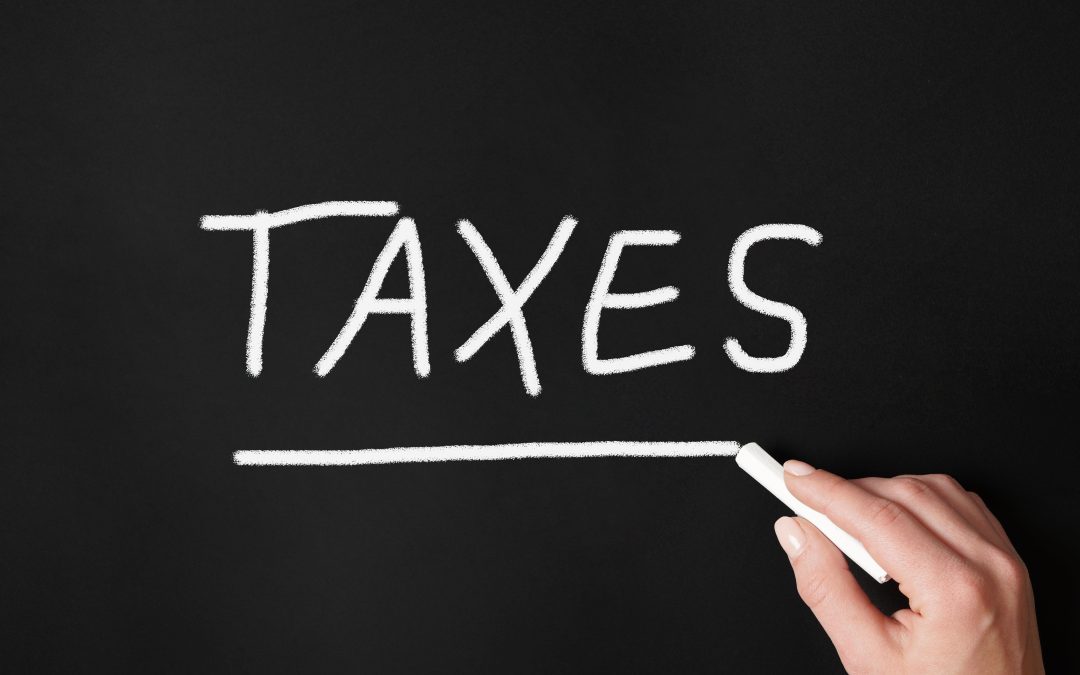
Are my taxes dischargeable in bankruptcy?
There are three types of tax debt. The first type is unsecured priority tax debt which is not dischargeable in bankruptcy. That includes recent tax debt within the last three years.
The second type is unsecured non-priority tax debt. This type of tax debt is dischargeable in bankruptcy. This would include tax debt for returns that were due and filed over three years ago or assessed by the IRS over 240 days prior to filing your bankruptcy case. We can verify the date the tax got assessed by the IRS if you obtain an account transcript.
Interestingly, there are times when the tax return was timely filed over three years ago, but the IRS assesses the tax liability years later. This often occurs during an audit where additional tax debt is assessed.
Tax debt will not be dischargeable if the taxes haven’t been timely filed or filed within two years of filing for bankruptcy. Fraud or tax evasion would also be grounds for having your debt be non-dischargeable.
The third type of tax debt is secured tax debt where the IRS files a lien against your property. This occurs less frequently. We recommend contacting the IRS Insolvency Unit approximately 60 days after receiving your discharge to confirm that your tax debt is discharged.
We have clients who move here from other states who are behind on their state income tax. Fortunately, we don’t see this issue too often since Florida has no state income tax.
State income tax essentially follows the same rules as federal income taxes in terms of whether those taxes would be dischargeable or not in a bankruptcy. If you have specific questions about your outstanding tax debt, feel free to contact my office.







